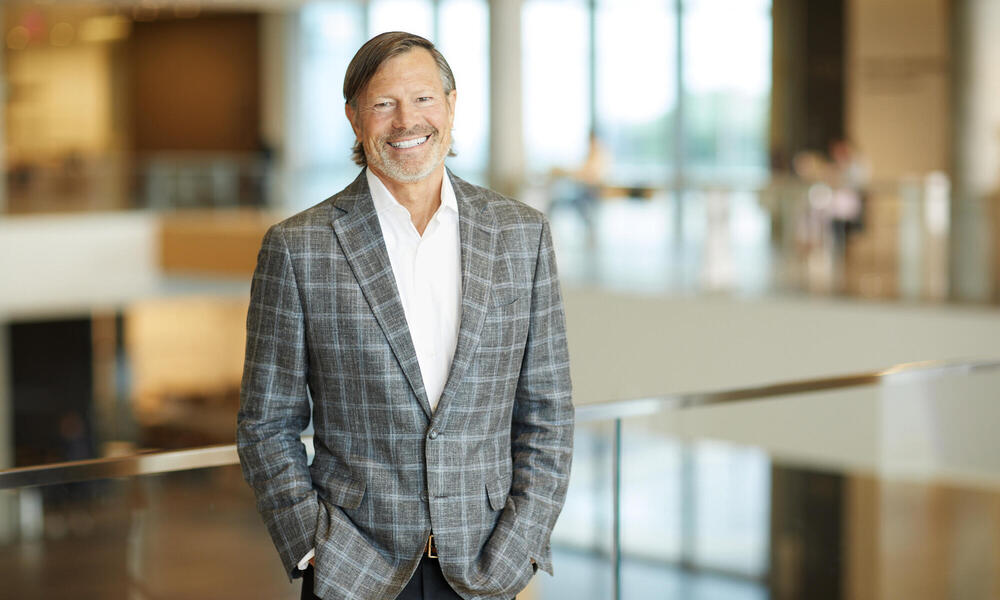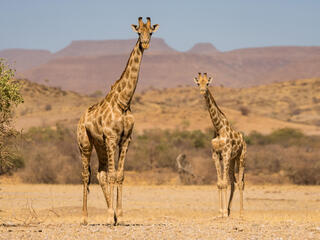Jeff Ubben grew up in a suburb of Chicago and cites walking through milkweed near the train tracks with his butterfly net—“catching butterflies and bringing them home to show my mom”—as his earliest memory of nature. And although he devoured issues of Ranger Rick magazine as a kid, and later even applied for a job at a local veterinarian’s office, he considers himself a conservation latecomer.
He’s definitely making up for lost time.
“I give my wife, Laurie, all the credit for getting us involved with WWF,” Ubben says. “I was head down, working. But my wife is a huge animal welfare activist, and it was her idea to reach out [to WWF] almost a decade ago to learn more about their work around stopping the trade in elephant ivory.” The Ubbens have been active with WWF ever since, supporting work around wildlife conservation and climate change strategy.
For much of his decades-long career in finance, Ubben was a shareholder activist—someone whose interest in a company’s operations or success is primarily financial. However, after being bitten by the conservation bug, he now considers himself a stakeholder activist. What’s the difference?
“As a shareholder activist, my singular focus in the boardroom is on one constituent—the shareholder—and that wasn’t working for me anymore,” Ubben says. “There were these other imperatives like climate change and social inequities that businesses had played a role in causing and therefore, I felt, needed to play a role in addressing.”



